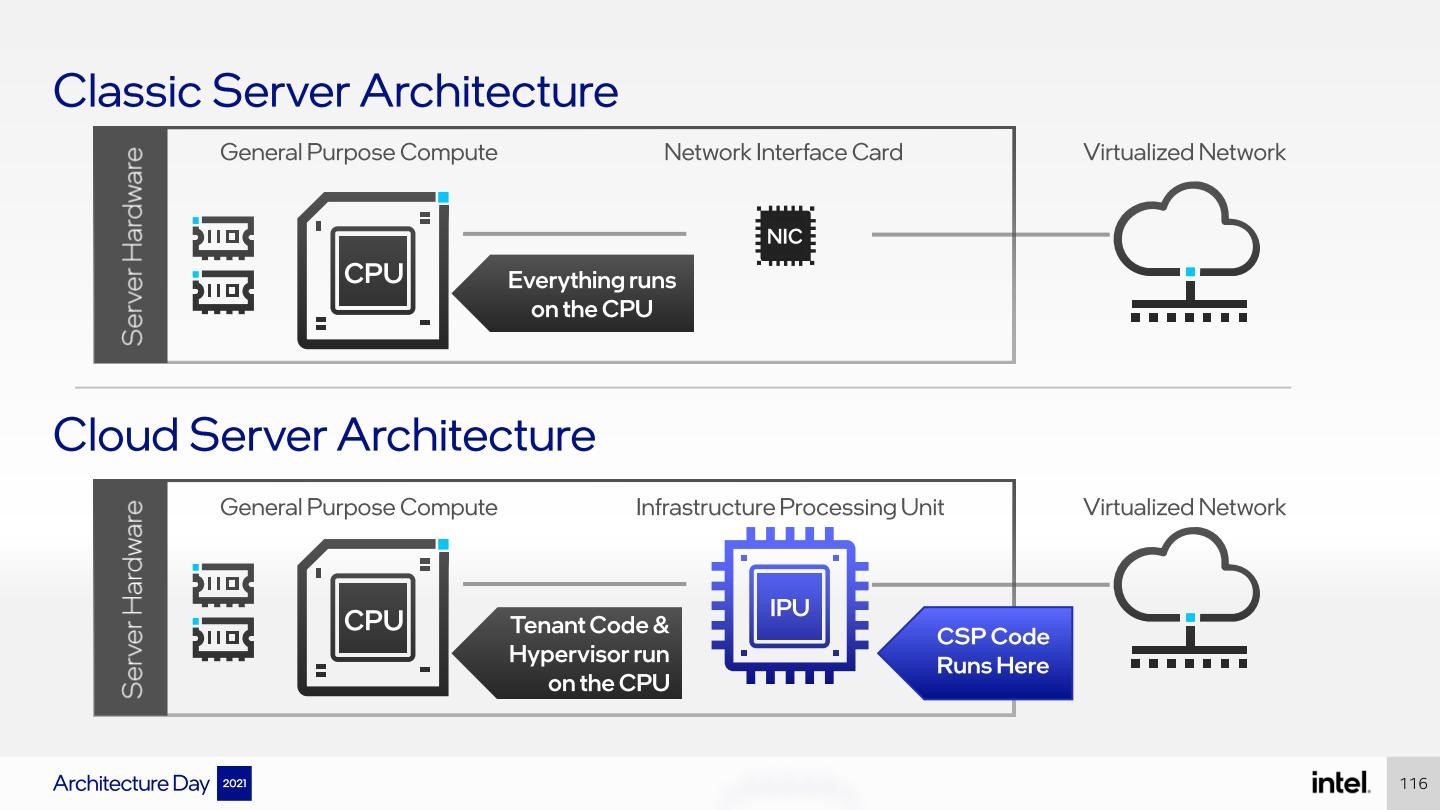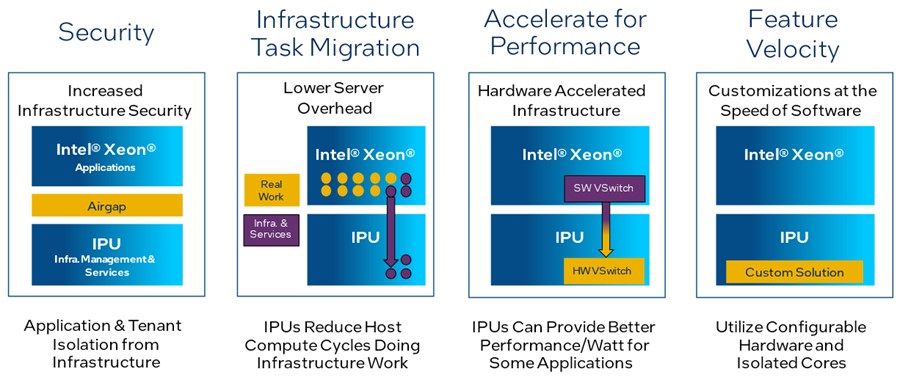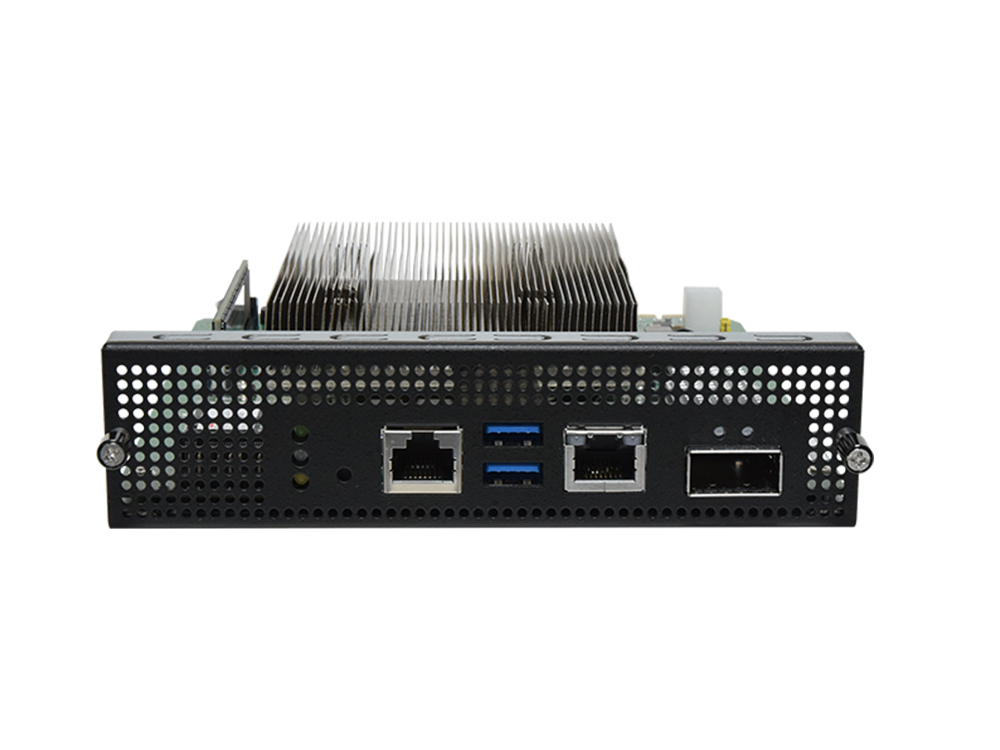In our current hyper-connected world, data flows ceaselessly across networks, and the demand for efficient data processing, rapid information delivery, and enhanced security has reached unprecedented levels. Within our rapidly evolving landscape of network technologies, traditional Network Interface Cards (NICs) are facing limitations in coping with the demands of modern data-intensive applications. This is where a new gen of NICs, Smart NICs, have been developed with the potential to reshape modern networking.
The Rise of Smart NICs
To improve the efficiency of communications processing, including the processing of storage, networking, security, virtualization, and ancillary functions, smart NICs have emerged to provide protocol accelerations and additional processing power with programmability for offloading communications processing from server CPUs. These components empower smart NICs to offload and accelerate a variety of network-related tasks, thereby enhancing overall system performance.

Source: Intel Corporation
Introducing Intel's Infrastructure Processing Unit (IPU)
Intel has taken smart NICs to the next level with the introduction of the Infrastructure Processing Unit (IPU), a purpose-built accelerator designed to handle a wide array of network functions, offloading these tasks from the main CPU; and allowing for customization of infrastructure with reconfigurable hardware.

Source: Intel Corporation
Advantages of Smart NICs with IPU
Increased Security:
With the rising concerns about network security, smart NICs play a pivotal role in enhancing overall system security. Intel's IPU can offload encryption and decryption tasks, isolating the tenant and applications from the infrastructure. This capability is essential for protecting sensitive data and maintaining the integrity of network traffic.
Infrastructure Task Migration:
Moving the infrastructure work to the IPU cores reduces the host compute load and frees up the CPU to take on additional workloads. Lower system total cost of ownership is achieved by reducing the number of servers needed and the IPU replacing the need for dedicated network adapters.
Accelerated Workloads:
Beyond traditional networking tasks, smart NICs with Intel® IPU can be programmed to accelerate specific workloads like AI inferencing, data analytics, and content delivery. Intel IPUs utilize specialized accelerators that enable the CPU to free up cycles by pushing this work onto the more efficient IPU. Running workloads on the IPU reduces system power consumption, leading to lower operating costs and increased sustainability.
Feature Velocity:
Intel® IPUs facilitate customization through software utilizing highly configurable hardware such as the ability to offload storage configuration and management to the IPU, allowing for disaggregated storage.
Conclusion
As data continues to flood networks with increasing intensity, the demand for faster, more efficient, and more secure data processing solutions becomes non-negotiable. Smart NICs with Intel® IPU rise to this challenge by offering specialized accelerators capable of offloading a wide spectrum of networking functions. From enhanced network performance, reduced CPU overhead, and efficient resource utilization, these smart NICs are shaping the future of networking by optimizing performance, enabling new applications, and enhancing security measures. With the IPU at its core, smart NICs are poised to play a pivotal role in defining the next era of network processing capabilities.

